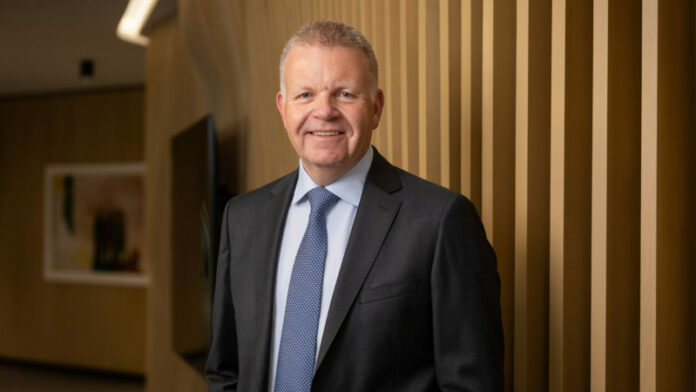
AMPLATS would retain the dividend, stick to mining platinum group metals (PGMs) in South Africa, and hope to retain shareholders on the basis of its “quality” assets and a promising market outlook.
This was how Amplats CEO Craig Miller fenced with numerous questions on Monday regarding the proposed unbundling of Anglo American’s 79.2% stake in his company.
If anyone was seeking granular detail, they were left disappointed, however. Clearly, it is still early days for the unbundling process.
Miller acknowledged as much saying the scope of the unbundling would only be finalised by December while the actual mechanics of delinking Amplats from Anglo would begin in earnest in 2025, to be completed about 12 months later.
While “not a great deal changes” on major issues of Amplats’ strategy, major surgery is required unscrambling shared services in IT and supply chains, he said. “We will work through it in a diligent process,” Miller said. “It is very similar to Thungela, which gives us great comfort,” he added.
Anglo American unbundled its South African thermal coal mines in 2021. Aimed at initially mining out limited resources, Thungela’s independent team went on to extend mine lives in South Africa and buy a new one in Australia, which it now also intends to expand.
Miller said he was “very excited” about the possibilities open to a standalone Amplats, but didn’t give much indication of whether this would extend beyond having a freer hand allocating capital.
“There is no intention at this stage to look at other metals. In terms of other assets, our focus is on driving operational excellence from our assets. We also have optionality which we will invest in, in a disciplined way,” he said.
Sayurie Naidoo, Amplats CFO acknowledged that given R24bn in debt facilities through Anglo American, her company would “continue … engaging with lenders, and new lenders”. Amplats has R10bn external debt facility. Interestingly, of some R14.5bn in cash on Amplats’ balance sheet as of June 30, about R12.3bn was a customer prepayment, some of which is held for marketing purposes.
Another concern for the market is the extent to which Amplats existing shareholders will flee the stock when it becomes a standalone, pure play company. Miller said a secondary listing in London – which would come at relatively little cost as the firm has governance processes in place – would hopefully stem the tide of the share ‘flow-back’.
There was even a question on a potential name change for Amplats, once it was separated from Anglo American. Amid a poor market for PGMs and a R10bn cost out programme only half complete, the question of external identity was a detail too far. “We will get to a name change in due course,” said Miller.









